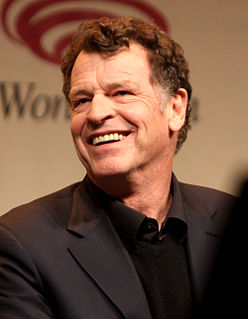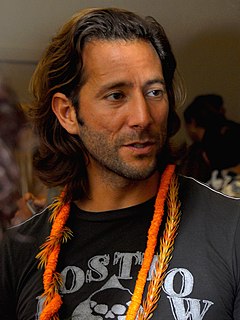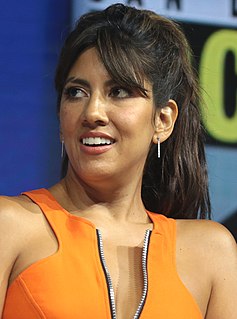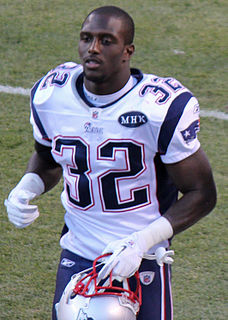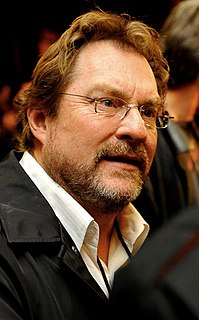A Quote by Beth Grant
Frequently over the years, people have thought that they know me. Every character actor has this story, I'm sure. It goes like this: 'Um, do you play soccer?' 'Did you go to such and such church?' 'I knew you when you were with so and so... ' Then I go, 'Well, sorry...' and then they say, 'Wait a minute. Are you an actor?'
Related Quotes
My story about becoming an actor is a completely non-romantic one. I became an actor because my parents were actors, and it seemed like a very... I knew I was going to act all my life, but I didn't know that I was going to be a professional actor. I thought I was just going to work as an actor every now and then.
[on playing Walter] It was wonderful to be able to play a character who had so many colors and who was able to play comedy, to play incredibly vulnerable, which he did a lot of the time, to play the love story, and to play the relationship with the son, which is quite unusual. That's a gift to me, as an actor. It was like everything you could possibly hope for, over five years. So, I was a very lucky actor.
The actor's always as good as the stories are. And so many important things, there is the light, there is the costumes, the makeup, there's the text, there's so many elements which the actor himself cannot control. But the script is the most important thing. First of all the story, and then you go from there. You know, it's like you stand in the kitchen, and say are we making a fish or do we grill a steak? And you go from there.
If you're writing a bi character, did you look at a lot of bi actors for the role? Did you really go and find people that identified as queer? If you did, then great, and if you didn't find anyone you liked in that pool, well, that's surprising. If you write a character that's trans, the time is now - cast a trans actor.
I had to go in and do the work of toning [invented "historical" bits] down in order to make them fit [in Lincoln in the Bardo]. It's like if you're an actor and you're always overacting, well, you're a bad actor. But if you're an actor who subdues yourself to the extent that's necessary, then you're really acting.
With movies, you come and go as an actor, especially if you are not the lead, from week to week. You don't really have a lot of time to get to know anyone, and then on to the next thing. I know a lot of actors who find fulfillment in playing an entirely new character. I like to stick with one character and create a family with the people around me.
One of the things on a very practical level as an actor or actress is that when you do a play, you do the entire story every time you do it. You have eight shows a week. You have a rehearsal process of four to five to six weeks. And then once you're in performance, everybody else goes away and you're there with your fellow actors and the audience and the material and your life becomes about that. And you go through the story from the beginning to the end every time you do it and depending on how long you do it, that's where the craft comes in.
To me, when one is writing sometimes about a very specific subject with very specific people, I feel like if that story doesn't cross over, it's not working. That's very beautiful to me, to be sitting in Berlin and there's an actor reading my book in German. I don't even know what's going on, except I know to feel my own rhythms in another language and say, "If this is going well, I think everyone should laugh around now." Then maybe there's laughter, and for me, it reminds me of how story can move around the world.


